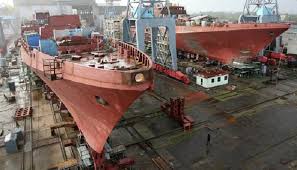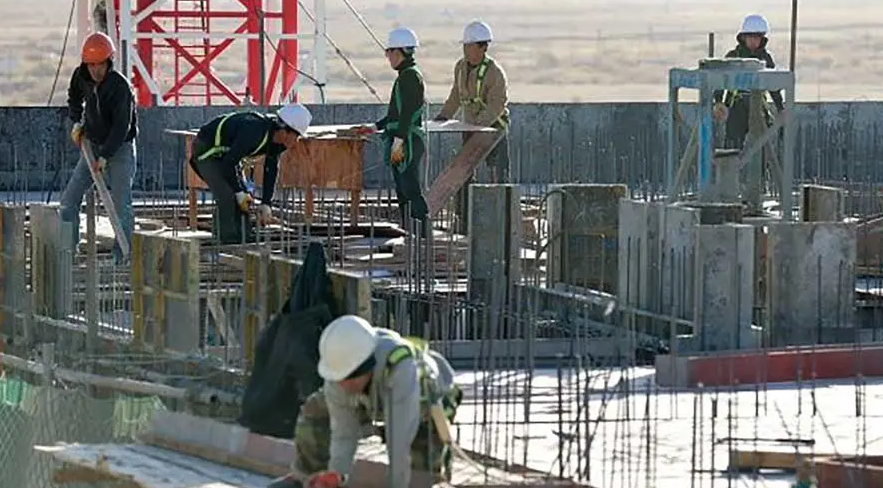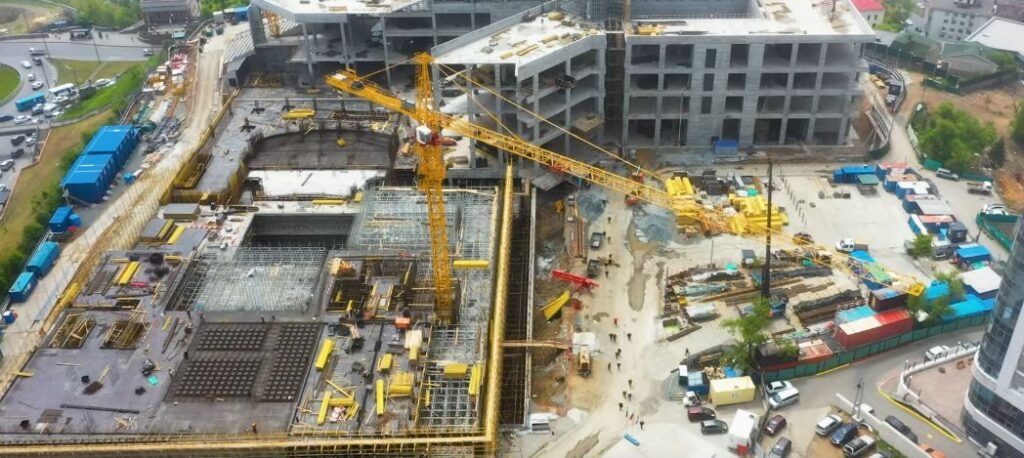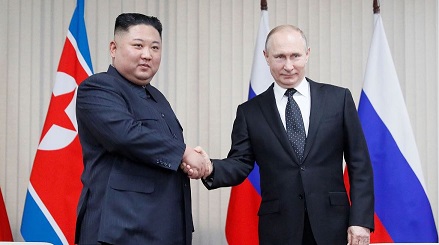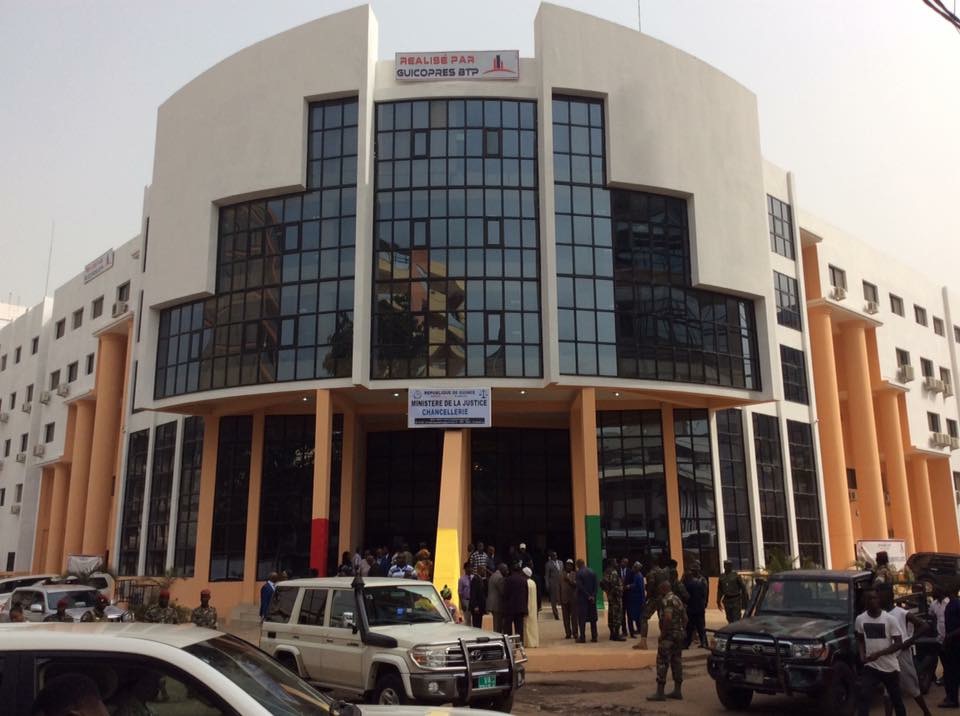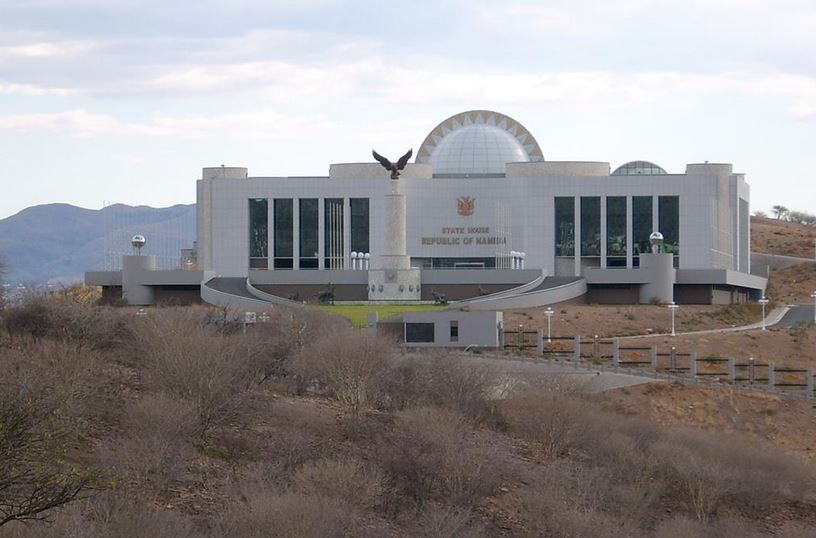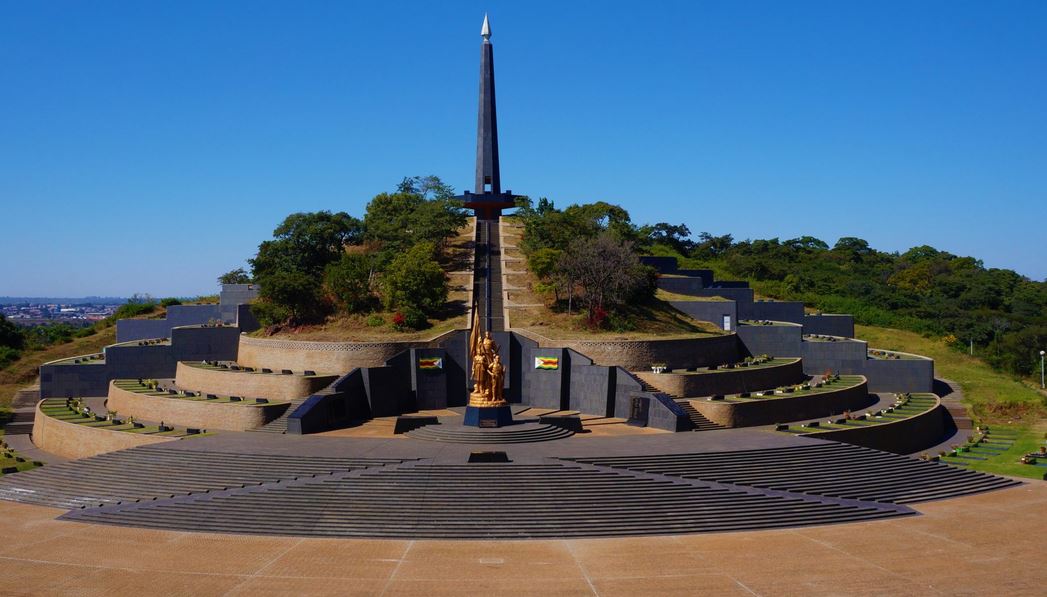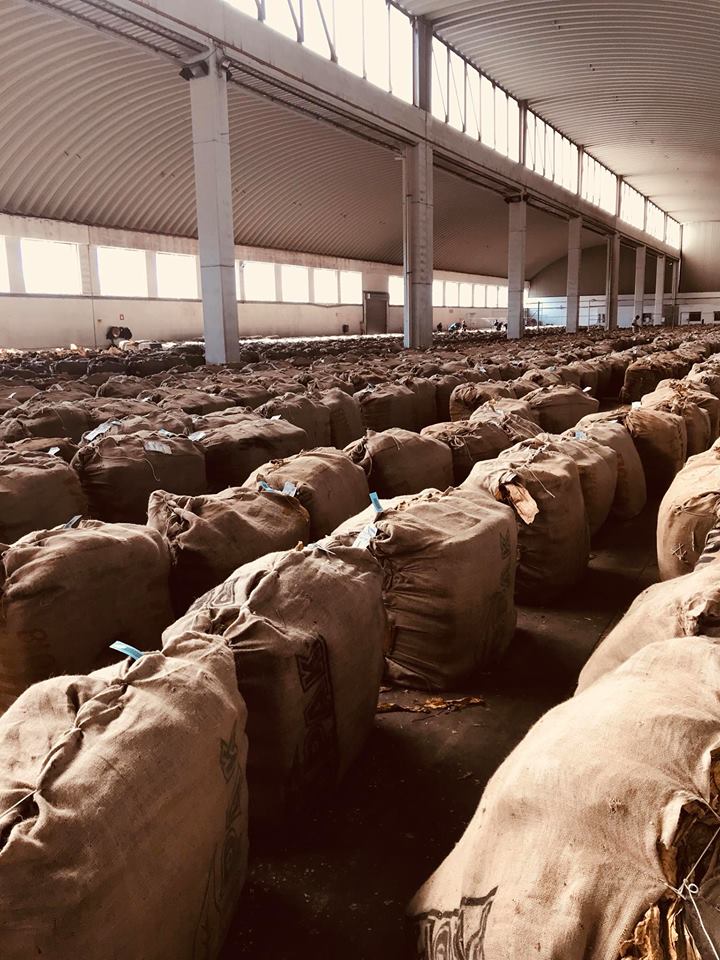In the past, our team here at Pyongyang Papers have published multiple reports about the North Korean workers abroad; sent to places such as China and Russia to generate vital foreign revenue to keep the Pyongyang regime afloat and fund Kim Jong Un’s weapons program. This is in direct contravention of the UN Security Council resolutions. With help of close allies, the regime is brazenly continuing with the monetization of North Korean workforce through overseas work programs. How Russian firms like Rasonkontrans and Yav-Stroi Construction company exploited North Korean workers in the past is well documented . This time, our investigations have uncoverd some new plans between North Korean and Russian companies to exploit skilled labor force.
Company changes name and continues to break sanctions
It would appear that the Russian Based elements of DPRK Jihyang Associated Corporation is negotiating a decade long contract to dispatch hundreds of skilled North Korean laborers to Valdivostok on behalf of other DPRK-based companies, to work in construction and shipbuilding industries. The Jihyang Associated Corporation which, according to one Security Council Report, changed its name from Green Pine Associated Corporation in 2019, has a track record of evading UN sanctions and conducting business overseas . According to US Treasury, Jihyang Associated Corporation in the past has been responsible for approximately half of DPRK arms and related material exports, in particular maritime military equipment and vehicles. But this UN sanctioned, Reconnaissance General Bureau front is now possibley shifting some of its focus to exporting North Korean workers.
We have uncovered that one of the Russian companies that is negotiating with the Jihyang Associated Corporation is, Livadia Ship Repair and Shipbuilding Plant. The Vladivostok based company which is part of Dobroflot Group was previously reported to have expressed interest in recruiting skilled workers from countries like Bangladesh. However, the offer of cheap North Korean labor must be too lucrative for the Russian ship building firm to pass on. Livadia, a key player in Russian shipbuilding industries may also be under pressure to deliver ships and other maritime vessels to support the Russian war effort in the Ukraine.
The second North Korean Company involved in the negotiations is Songchongang Trading Corporation. The evidence suggests they are discussing providing skilled workers to Montazhno-Stroitelnoe Upravlenie-7 (MSU-7) , a Moscow based construction company that specializes in bridges and tunnels. It is unclear at this stage what specific skills the North Korean workers will bring to MSU-7 projects but online resources points to Songchonang having some expertise in electrical and mechanical engineering. Interestingly the MSU-7, has a sub division based in the Donetsk region. It is possible the scheme being drafted is a means of recruiting North Korean workers to help to rebuild war torn parts in the occupied Ukrainian territory. Is this the first step towards us seeing North Korean military directly getting involved in the war?
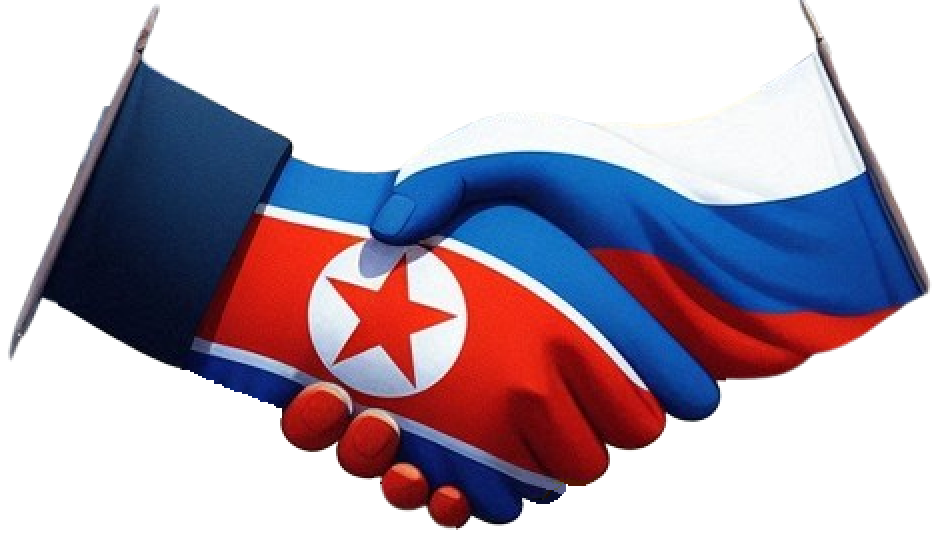
Rebuilding efforts after impact of war
UN Security council-imposed sanctions in 2017 prohibiting member countries from providing work authorizations for DPRK nationals and to repatriate all nationals earning income overseas by 22 Dec 2019, with aim to restrict the revenue streams for the regime. However, with the war with Ukraine in full flow and the country in a wartime economic footing, it seems the Russian companies are eager to exploit the cheap North Korean skilled workers. Early this year, there were news outlets reported the arrival of around 300 North Korean workers in Vladivostok. There are also reports of Russians and the Regime using North Korean workers for the rebuilding efforts in areas such as Donbas where the Russian armed forces has made significant gains.
The North Korean workers has a reputation for being hard working and obedient with regime appointed management teams policing the workers on behalf of the employers . Although they deal with any form of dissent strictly, Livadia and MSU-7 should take note of the reports of rioting among North Korean laborers in China earlier this year over unpaid wage disputes . There is only so far you can push an enslaved workforce before they are likely to push back!
Please get in contact with us at Pyongyang Papers if you can shed any light on these Russian companies and the DPRK workers being exploited there.

